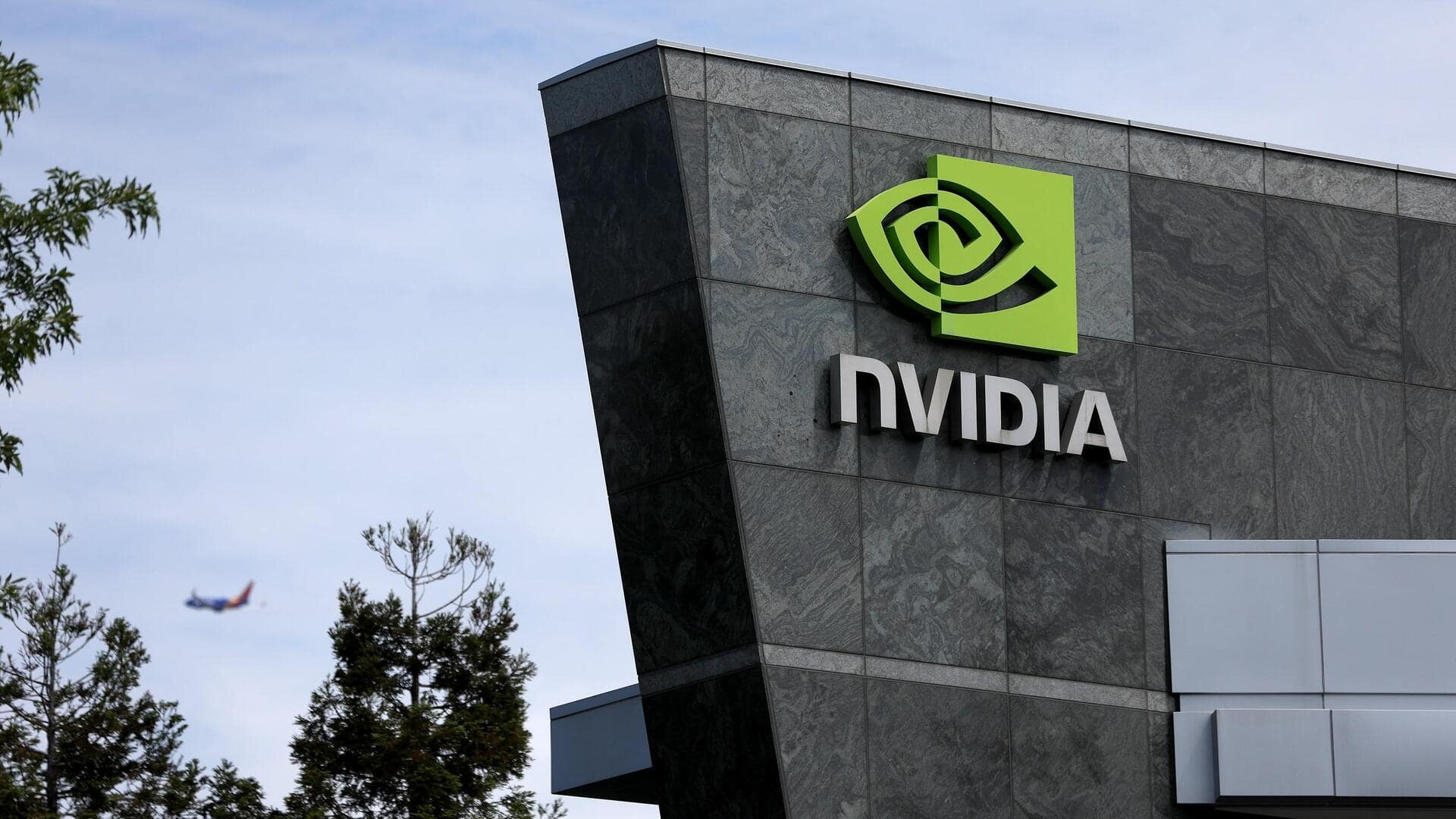
NVIDIA aims to bring 'physical AI' in hospitals through robots
What's the story
NVIDIA, one of the biggest tech giants, is making big moves in the healthcare industry by bringing artificial intelligence (AI) into the very fabric of hospital operations. The company's Vice President of Healthcare, Kimberly Powell, unveiled this ambitious plan during a recent keynote address at the HLTH conference in Las Vegas. She stressed that the next wave of AI will turn medical devices into robots.
AI integration
Powell envisions a future where hospitals are AI-driven
Powell shared her vision of a future where entire hospitals will be driven by AI. She told Business Insider that, "This physical AI thing is coming where your whole hospital is going to turn into an AI." The concept of physical AI refers to "models that can perceive, understand, and interact with the physical world." Powell believes this new wave of technology has limitless applications in healthcare.
Strategic partnerships
NVIDIA is investing in tech and partnerships for AI integration
NVIDIA is also heavily investing in tech and partnering with select start-ups to bring its AI into more health systems. This move is in line with the company's mission to dominate the emerging advanced robotics market, and stay ahead as a tech leader. Powell predicts it would take healthcare "a couple of years" to fully embrace the physical AI wave.
Technological hurdles
Physical AI systems pose unique challenges
Despite recent advancements in AI, developing robots poses unique challenges for companies like NVIDIA. Powell explained that these physical AI systems would essentially require three computers working together: one to train the AI, another to simulate the physical world in a digital space (a "digital twin"), and a third to operate the robot. These robots need not only to receive and respond to inputs from the real world but also be trained in their physics.
Collaboration
NVIDIA partners with Mark III to create digital twins
To tackle the problem of building a digital twin in healthcare, NVIDIA has teamed up with IT solutions provider Mark III. The partnership would create simulations of hospital environments and build AI on top of them. Powell hinted these digital twins could also be used to train clinicians, letting doctors practice surgeries first in a virtual operating room before doing them on real patients.
Investment details
Investment in Moon Surgical and future applications
NVIDIA has invested in Moon Surgical, a robotics company that utilizes NVIDIA's Holoscan platform for its surgical assistant robot. This robot offers an additional set of arms to hold and manipulate surgical instruments during procedures. Powell also imagines robots being employed outside the operating room, for tasks such as monitoring patients for falls or delivering fresh linens in their hospital rooms.
Clarification
Strategy and investments in healthcare start-ups
Despite its active role in the sector, Powell clarified NVIDIA doesn't want to become a healthcare company or acquire one. Rather, it's investing in a number of start-ups through its venture capital arm, NVentures. One such investment is Abridge, a medical scribe company reportedly raising more funds at a $2.5 billion pre-money valuation. With Abridge, NVIDIA is doing "deep, deep speech research," Powell revealed. NVIDIA is also collaborating with Microsoft to enhance next-gen AI start-ups in healthcare and life sciences.